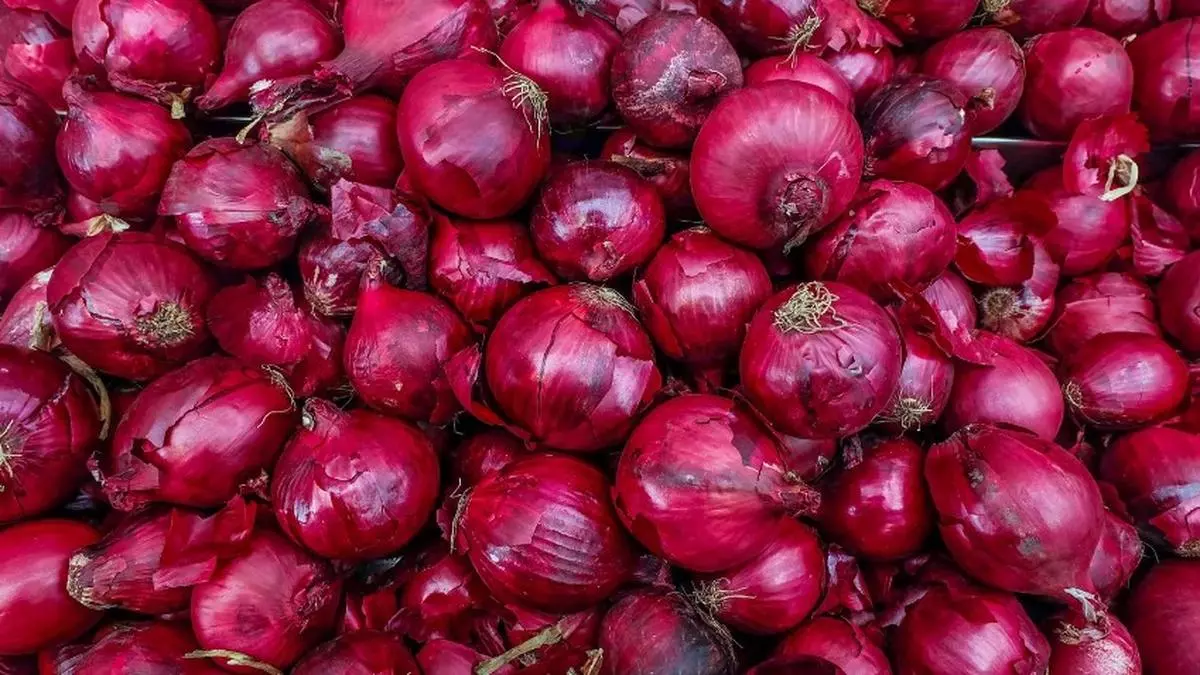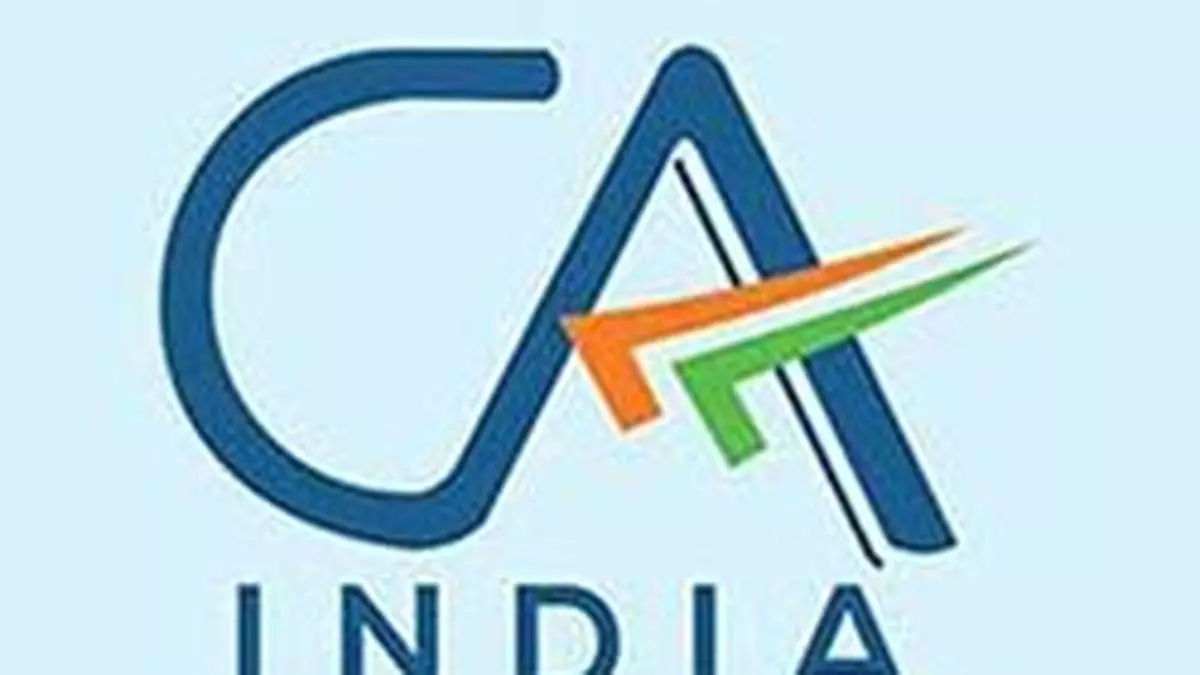
Welspun Living Limited (WLL), previously Welspun India Limited, has launched a project â Wel-Krishi â to encourage sustainable cotton cultivation by providing support and training to farmers to raise their income through higher productivity and lower income costs.Â
âWe help growers produce better cotton as well as non-GMO cotton through our sustainable farming projects. And we also assist our farmers in cultivating superior crops,â Dipali Goenka, CEO and Managing Director, Welspun Living Limited.
By emphasising on training, education and sensitisation in three major cotton-growing states â Gujarat, Maharashtra, and Telangana â WLL enhances farmersâ livelihood and standard of living through systematic sustainable development, she said.
Over 26,000 farmers across 390-plus villages have benefitted from the 2.5 lakh acres project, sponsored by the Welspun Foundation for Health and Knowledge. About 2,500 women farmers are part of this project, which has improved the lives of one lakh farm workers.Â
13% higher yield
Closely aligned with the United Nationsâ Sustainable Development Goal, the WLLâs ESG (environmental, social and governance) initiative has resulted in farmers getting 13 per cent higher yield, while cutting production costs by 10 per cent. Of this, fertilizer costs have declined by 14 per cent, their use by 13 per cent, water offtake has declined 11 per cent and pesticide costs have dipped by 19 per cent.Â
Through Wel-Krishi, the company guides farmers to access government schemes and provides support in the terms of artificial intelligence (AI)-enabled technology. AI comes into play to ensure quality of seeds, weather forecast and soil quality, Goenka said.Â
WLL has partnered with the Wadhwanis for the use of AI and machine learning (ML). âActually AI helps the farmers to ensure the quality of seeds and inform the quality of soil that theyâre working on. Everything is actually interlinked, offering crop solutions and impacting them directly,â the company CEO and MD said.
Welspun is into a whole blockchain initiative where the cotton can be traced back to the farm where it is grown. The company ensures that the project complements the needs of farmers, who get the minimum support price for the natural fibre. If there are no buyers for the cotton, then WLL buys it from them if farmers are willing to sell.Â
Better cotton initiative
âBut if they are getting a better price, they can sell it to anybody,â she said.
WLL has joined hands with Better Cotton Initiative (BCI), a non-profit organisation which promotes better standards and practices in cotton farming, to create a self-sufficient ecosystem for the growers as part of Wel-Krishi.Â
Apart from BCI, the company is partnering with the Ministry of Agriculture and Farmersâ Welfare for accreditations and validations along with other textile certifications such as Control Union, Global Organic Textile Standard and Life Cycle Assessment.
Welspun has come up with zero freshwater initiatives, including sewage treatment plans and rainwater harvesting, to not only conserve water resources but also provide access to clean water to the local communities. The initiative has been launched in Kutch, Gujarat, where the people are provided with potable water.Â
Aligned to green targets
WLL pays royalty to the communities to make use of the sewage water and reprocess it to ensure not a single drop of fresh water is used at its production facilities. âTo sum it up, the communities get water for drinking, farmers get water for irrigation and we donât use a drop of fresh water here,â Goenka said.
Parallely, the company has developed a 2,300-acre green patch in Anjar, Kutch, that looks like a âmirage in a desertâ but has been created wholly through recycling.Â
Stating that WLL, a $3.5 billion company with 20,000 employees, is completely aligned to Indiaâs green targets such as renewable capacity of 500 gigawatts by 2030, the companyâs CEO and MD said there has been a 19 per cent overall reduction in green house gas (GHG) emissions between FY22 and FY23. âWe already invested in a 30 megawatt solar plant in Anjar, which got commissioned in March 2024. By 2027, we want to be 100 per cent green for WWL, including biofuel,â she said.
Tracking emissions
The companyâs Telangana plant uses rice husk as biofuels for the boilers. For Anjar, it is looking at using sawdust. âWe are converting our food waste into biogas and reducing fossil fuel consumption. We use STP and ETP waste sludge as a source of fuel to reduce coal burning and the GHG footprint. This also gets measured by our AI industry 4.0,â Goenka said
WLL is tracking its emissions and out of the total 15 categories of emissions, it tracked eight categories last fiscal. This fiscal, it will track 13 categories.
Welspun, which has units in Vapi and Anjar, both in Gujarat, and in Telangana, also âupcyclesâ the rags it generates from its textile units. âAt least two tonnes of rags that we generate every month finds its way into upcycling. We upcycle it to make cushions and rugs out of pit looms. It has a multifold purpose. It also empowers women,â she said.
Textiles are only a part of WLL, which is also into pipes for oil, gas and freshwater. The company, which bought Syntex for water tanks, is into infrastructure as well building roads, highways and warehouses.
Crime Today News | Business & Economy
Source | Powered by Yes Mom Hosting


